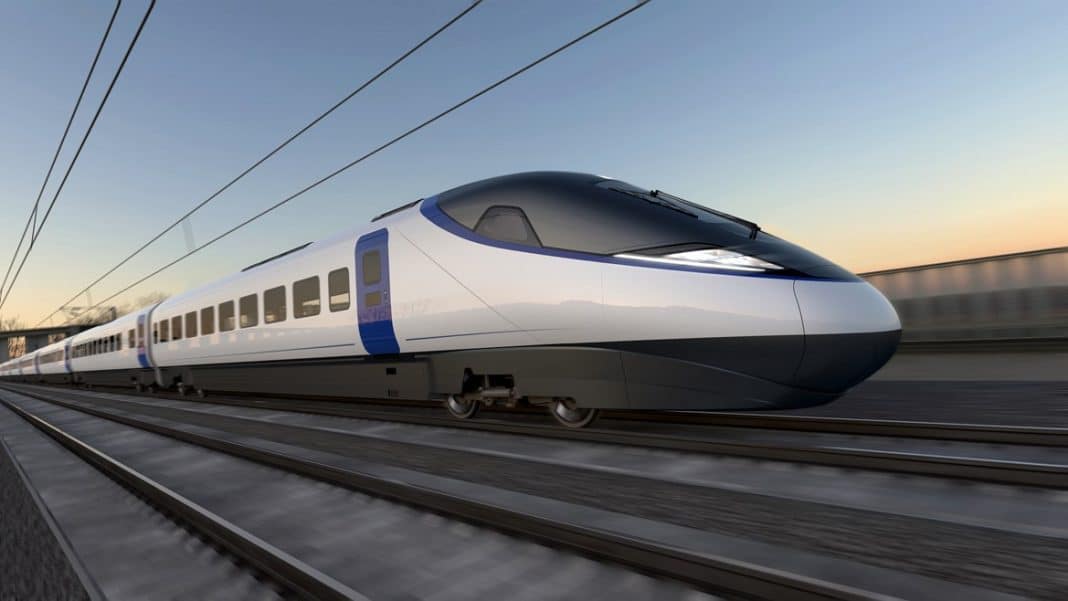Prime Minister Rishi Sunak has announced the cancellation of the HS2 high-speed rail link connecting Birmingham and Manchester.
The decision follows the previous cancellation of the portion between the East Midlands and Leeds.
In lieu of these developments, Sunak revealed plans to allocate £36 billion towards alternative transportation projects.
Originally conceived as a comprehensive high-speed rail network linking London with major cities in the Midlands and North of England, the project has now been significantly scaled back to focus primarily on the Birmingham to London corridor.
The primary goals of HS2 were to reduce travel times, alleviate congestion on existing rail networks, and stimulate economic growth in regions beyond the capital.
Persistent challenges
However, HS2 faced persistent challenges such as delays, escalating costs, and budget cuts.
The grand vision of connecting London with Birmingham, Manchester, and Leeds has been progressively dismantled.
In 2021, the government chose to forego the construction of the Leeds leg and opted instead to enhance existing rail routes to accommodate HS2 trains.
HS2 will not go to Manchester
In June, the government said it would still build HS2 from London Euston to Manchester and the East Midlands.
But the chancellor, Jeremy Hunt, said the costs were “totally out of control”.
At the Conservative party conference, Sunak said the latest decision would save £36bn, which would be used instead in hundreds of new transport projects – including road and rail schemes – in the North and the Midlands, “and across the country”.
HS2 will now eventually run from London to Birmingham Interchange, with branches to central Birmingham and Handsacre, near Lichfield.
HS2 trains for Manchester, Liverpool and Scotland will join the West Coast Main Line at Handsacre.
Before the link was scrapped, HS2 was projected to take an hour off Manchester to London journeys – from just over two hours to just over one hour.



